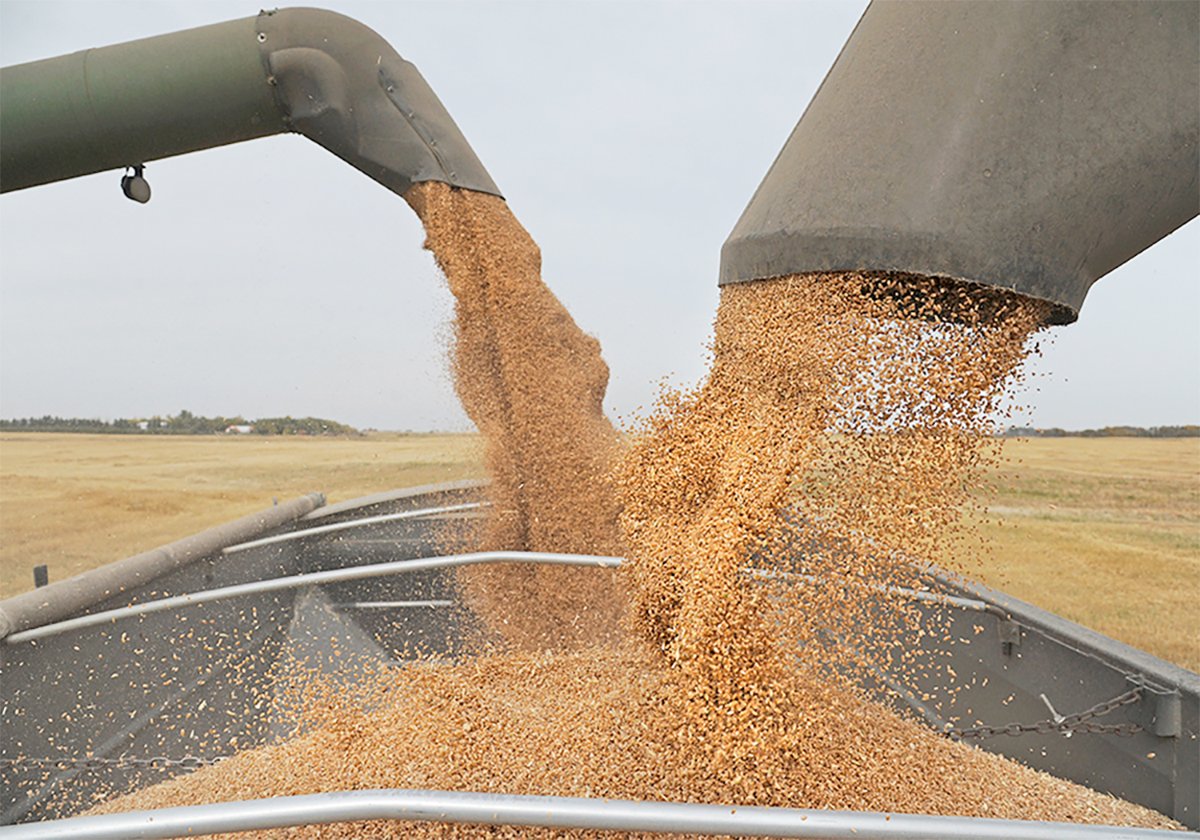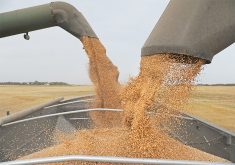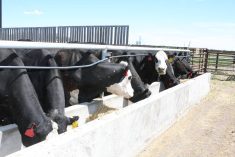HOPEFULLY a recent flurry of trips by politicians across the United States border will gain more than frequent flyer points.
Since May, the airways have been busy. Saskatchewan Party MLAs visited North Dakota, and that state’s senator returned the visit. Montana and Alberta farm leaders and politicians held a two-day conference in Great Falls, Mont., and four western premiers attended the Western Governors’ Association in Wyoming. Other meetings are planned.
These meetings are a positive move. Dialogue has started, information is being shared and perhaps the process will begin to overcome misinformation and misunderstandings on both sides of the border.
Read Also

Agriculture productivity can be increased with little or no cost
There’s a way to enhance agricultural productivity with little or no cost. It doesn’t even require a bunch of legislative changes.
The presence of western premiers provides political muscle. Without them, Canadian farmers would be caught in a landslide of rhetoric spewed by U.S. senators eager to guarantee their political survival by fear-mongering.
Canadian imports and the wheat board are blamed for the tough financial times facing U.S. farmers, but the truth is, there are many factors affecting farmers in both countries.
These need to be discussed openly and honestly so real solutions can be found.
Perhaps these meetings will help avoid border disputes, trucker bans, frivolous trade actions and flared tempers.
As Montana governor Marc Racicot said recently, getting to know each other over the border will make disputes easier to iron out, and are preferable to dispute settlement through an international trade panel.
However, while the meetings provided that groundwork, there is a problem developing. Who ultimately represents Canadian farmers?
There is the danger of splintering Canadians into various groups of farm leaders and politicians all claiming to represent farmers.
There is danger in moving toward absolving the federal government of responsibility in trade issues.
While irate at being ignored, the federal government must remain aware of these meetings and be involved in them. The federal government flexes the most muscle and ensures international trade agreements are solid, or it can bring changes to agreements as needed.
Farmers in the northwestern U.S. and Western Canada are frustrated by their federal governments, hence their efforts to find their own solutions.
Regional groups and politicians exchanging information and learning about their neighbors is fine, but federal governments must work harder to understand the problems and retain leadership in border disputes and international trade.
Various editorial staff members collaborate in the writing of Western Producer editorials.














